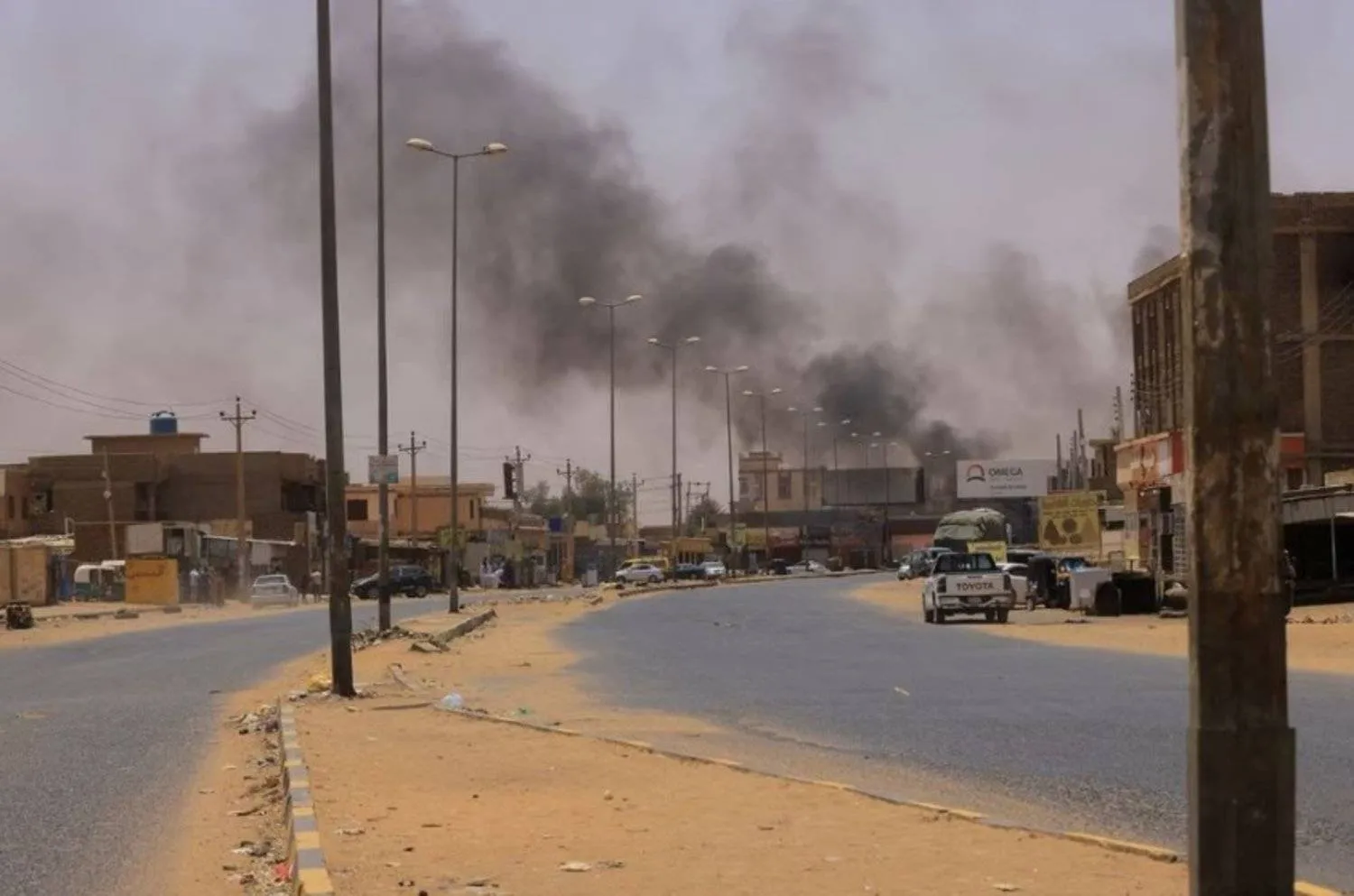The Sudanese army and paramilitary forces traded fire Monday across the Nile River in the capital Khartoum, witnesses said, in the eighth month of a war rights groups say has been rife with atrocities.
Artillery and rocket fire criss-crossed over the river between "the army in Omdurman, on the west bank, and the Rapid Support Forces (RSF) in Khartoum North on the east bank," a witness told AFP.
The fighting was corroborated by other residents, including local activists who say the shelling landing in civilian homes has killed dozens in recent weeks.
Since April, brutal urban warfare has raged between the army, led by Sudan's de facto leader Abdel Fattah al-Burhan, and the paramilitary RSF, commanded by Burhan's former deputy Mohamed Hamdan Daglo.
Over 10,000 people have been killed, according to a conservative estimate from the Armed Conflict and Event Data Project, and the United Nations says 6.3 million more have been forced to flee their homes, AFP reported.
Paramilitary "forces attacked the Wadi Seidna (air) base", a strategic facility just north of Khartoum, an RSF spokesman said Monday, adding they had destroyed "a C130 military transport plane and an ammunition depot".
Over 800 kilometres (around 500 miles) southwest, witnesses in the town of Muglad in West Kordofan state reported army troops withdrawing from a base after an RSF attack on the oil-rich area.
The army, which has maintained its monopoly on the skies, sent fighter jets to bomb RSF clusters in Babanusa, 35 kilometres north of Muglad, witnesses told AFP.
But army retreats from bases have been reported repeatedly in recent weeks, as the RSF has gained territory across the vast western region of Darfur.
Most recently, the paramilitary force claimed control of the East Darfur state capital of El Daein last week, leaving El Fasher in North Darfur as the last state capital in Darfur under army control.
Experts, aid workers, and the United States have warned El Fasher will be attacked next, as rights groups have reported mass ethnic killing in RSF-controlled areas of Darfur -- already scarred by decades of ethnic violence.
In a report released Sunday, Human Rights Watch (HRW) said the UN Security Council must act to prevent further atrocities, after the murder of hundreds of civilians in West Darfur.
"The Rapid Support Forces' latest episode of ethnically targeted killings in West Darfur has the hallmarks of an organized campaign of atrocities against Massalit civilians," said HRW's Mohamed Osman, referring to an ethnic group repeatedly targeted by the RSF and its allied militias.
"The UN Security Council needs to stop ignoring the desperate need to protect Darfur civilians."









